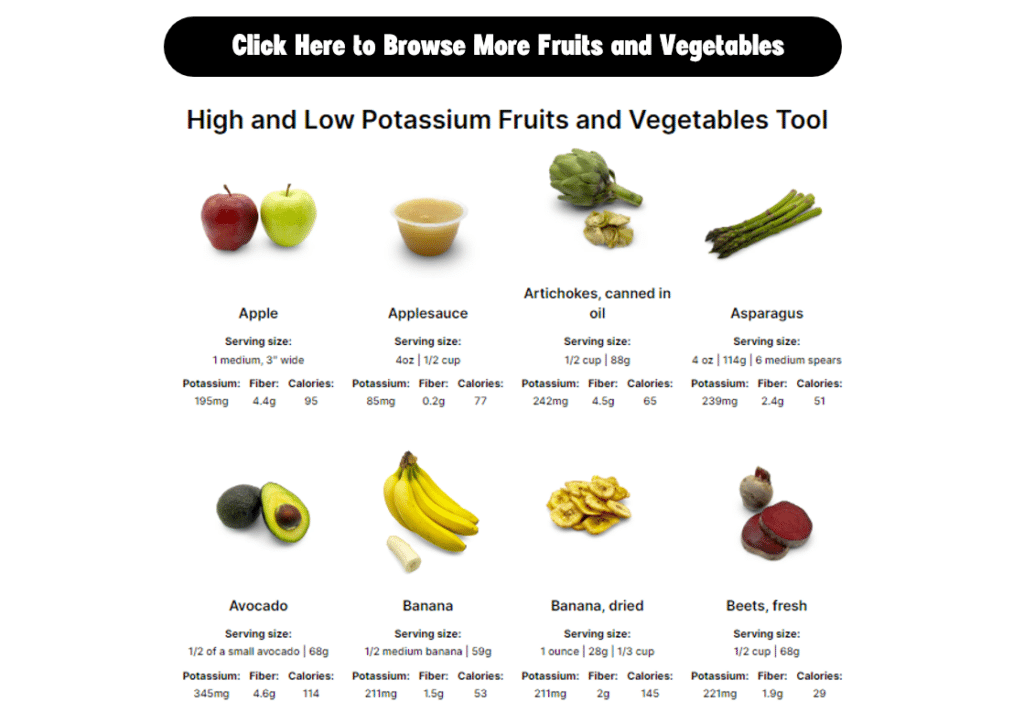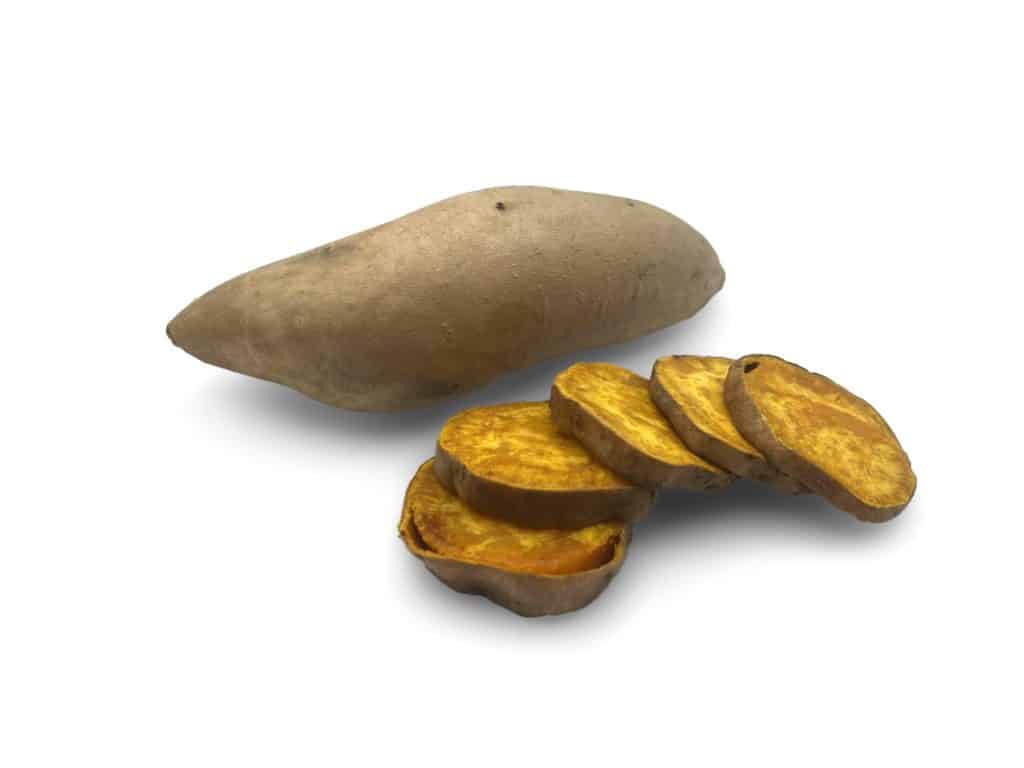Table of Contents
Is Okra good for kidneys?
Yes, okra is rich in antioxidants, fiber, and vitamins that are beneficial to people with kidney disease. If you are prone to developing calcium oxalate kidney stones, you may need to limit your intake of okra since it is high in oxalates.
This post may contain affiliate links through which we may earn a small commission to help keep this website free.
Is okra high in potassium?
One half cup of okra contains 150mg of potassium making it a low potassium vegetable.
Is okra high in phosphorus?
No. One half cup of okra contains about 52mg of phosphorus. The phosphorus found in okra is natural and poorly absorbed by the body, so it is considered a low phosphorus food.
Is okra high in oxalates?
Okra contains approximately 56.3mg of soluble oxalate per 100g portion, which mean it is relatively high in oxalates. People who are prone to developing calcium oxalate kidney stones may need to limit their intake of oxalate and foods that are high in oxalate, such as okra. (Source)
What are the benefits of okra?
- Okra is high in vitamins, polyphenols, and antioxidants. Antioxidants consumed through fruits and vegetables are considered to have protective effects against many chronic diseases.
- Okra is also a good source of fiber. Fiber is important for gut health as well as helping the body maintain potassium levels.
- Research shows that a low intake of fruits and vegetables is associated with an increased risk of developing kidney failure in people with kidney disease (as well as those who don’t have kidney disease.
Healthy ways to eat okra
- Sliced okra can be grilled or roasted and used as a side dish
- Okra can be sliced into bite size pieces and added to stir fries
- Sliced raw okra can be added to salads to extra crunch
High and Low Potassium Fruit and Vegetable Tool
Looking for more information on other kidney friendly fruits and vegetables? Check out our Fruit and Vegetable Potassium Tool.



